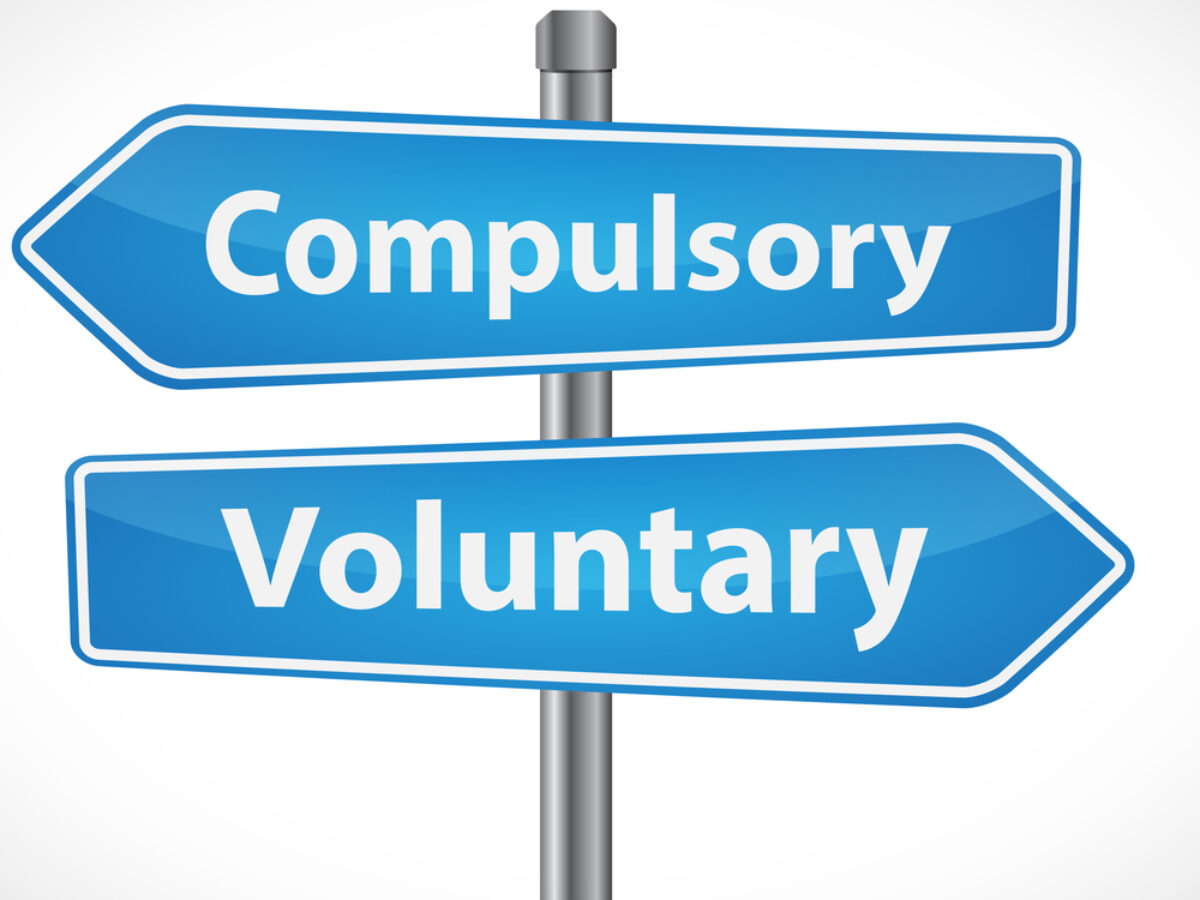Recognizing the Process and Implications of Compulsory Strike Off Under Firm Law
In the realm of firm regulation, the procedure and ramifications of obligatory strike off hold considerable weight for organizations and their directors. Recognizing the ins and outs of why firms deal with such a result, the thorough actions included in the strike off process, and the far-reaching implications for all parties involved is essential in browsing the complex landscape of company administration. As we look into the reasons behind required strike offs, the ensuing procedures, and the subsequent consequences, a more clear photo emerges of the profound impact it can have on entities and people alike.
Factors for Compulsory Strike Off
Obligatory strike off under business legislation is started by the regulative authorities for specific reasons connected to non-compliance or functional irregularities. The key factor for a firm to face obligatory strike off is the failing to file yearly returns or financial statements for a prolonged period. This non-compliance shows an absence of openness and adherence to regulatory demands, elevating worries concerning the company's monetary health and wellness and responsibility.

Refine of Strike Off
Provided the governing authority's initiation of compulsory strike off for different factors, recognizing the procedure of strike off is critical for firms encountering potential dissolution under business legislation. The procedure commonly starts with the regulatory authority sending notices to the company's licensed office address, notifying them of the approaching strike off. It is important for the company to attend to any kind of exceptional problems, such as filing past due documents or clearing up exceptional costs, within the defined timeframe to avoid dissolution.

Effects for Firms
What are the ramifications for business facing required strike off under firm legislation? Firms encountering obligatory strike off may come across numerous considerable effects. The company ceases to legally exist, resulting in the loss of its corporate condition and the coming with securities and benefits. This can result in the lack of ability to enter into agreements, conduct organization, or go after lawsuits in the company's name.
Additionally, the company's assets at the time of strike off become residential or commercial property of the state, which can result in economic losses for investors and lenders. Shareholders might lose their financial investments, while creditors might have a hard time to recover any type of outstanding financial obligations owed to them by the struck-off company.
Furthermore, supervisors of the firm may deal with incompetency from holding similar settings in other business for a specified period (what is compulsory strike off). This can tarnish their specialist reputation and restrict their future service opportunities
Repercussions for Directors
Dealing with obligatory strike off under business regulation can have severe ramifications for supervisors, impacting their future roles in various other firms and possibly staining their professional standing. Supervisors of a firm encountering compulsory strike off might find it challenging to safeguard directorial settings in other business in the future. This is since the strike off indicates a failure to adhere to lawful obligations, raising problems regarding the supervisor's capacity to satisfy their obligations efficiently. The tarnished expert credibility resulting from a required strike off can lead to a loss of count on from business stakeholders, customers, and companions. Supervisors might additionally encounter personal economic liabilities if they are found to have actually acted negligently or fraudulently, bring about prospective lawsuits versus them. Generally, the effects of obligatory strike off for supervisors prolong past the details business in question, impacting their career prospects and expert reliability in the long-term.
Staying Clear Of Compulsory Strike Off

Final Thought
In conclusion, comprehending the procedure and ramifications of obligatory strike off under firm legislation is essential for companies and supervisors to ensure compliance with guidelines. By understanding the reasons for strike off, the procedure entailed, and the effects for all events included, business can take steps to prevent being subject to obligatory strike off. It is necessary for supervisors to be positive in preserving correct documents and conference legal commitments to avoid the threat of strike off.
Offered link the regulative authority's initiation of mandatory strike off for various factors, understanding the procedure of strike off is important for business facing possible dissolution check my site under company regulation.What are the ramifications for companies encountering mandatory strike off under company regulation?Facing obligatory strike off under firm legislation can have extreme implications for supervisors, influencing their future duties in other companies and possibly tainting their expert standing. Supervisors of a business encountering compulsory strike off might discover it testing to safeguard directorial positions in various other firms in the future.In final thought, recognizing the process and ramifications of mandatory strike off under firm law is essential for firms and directors to make sure compliance with policies.